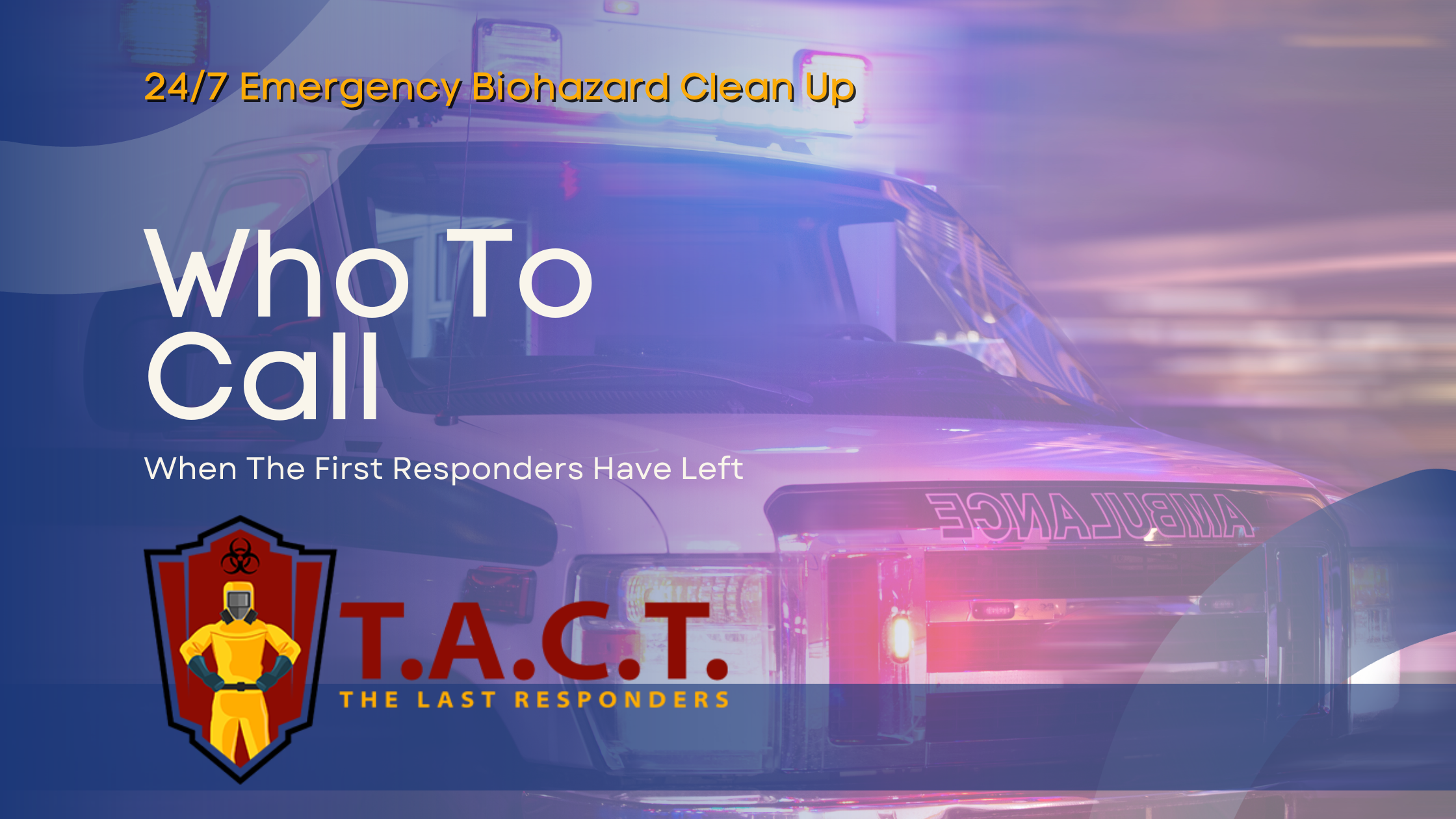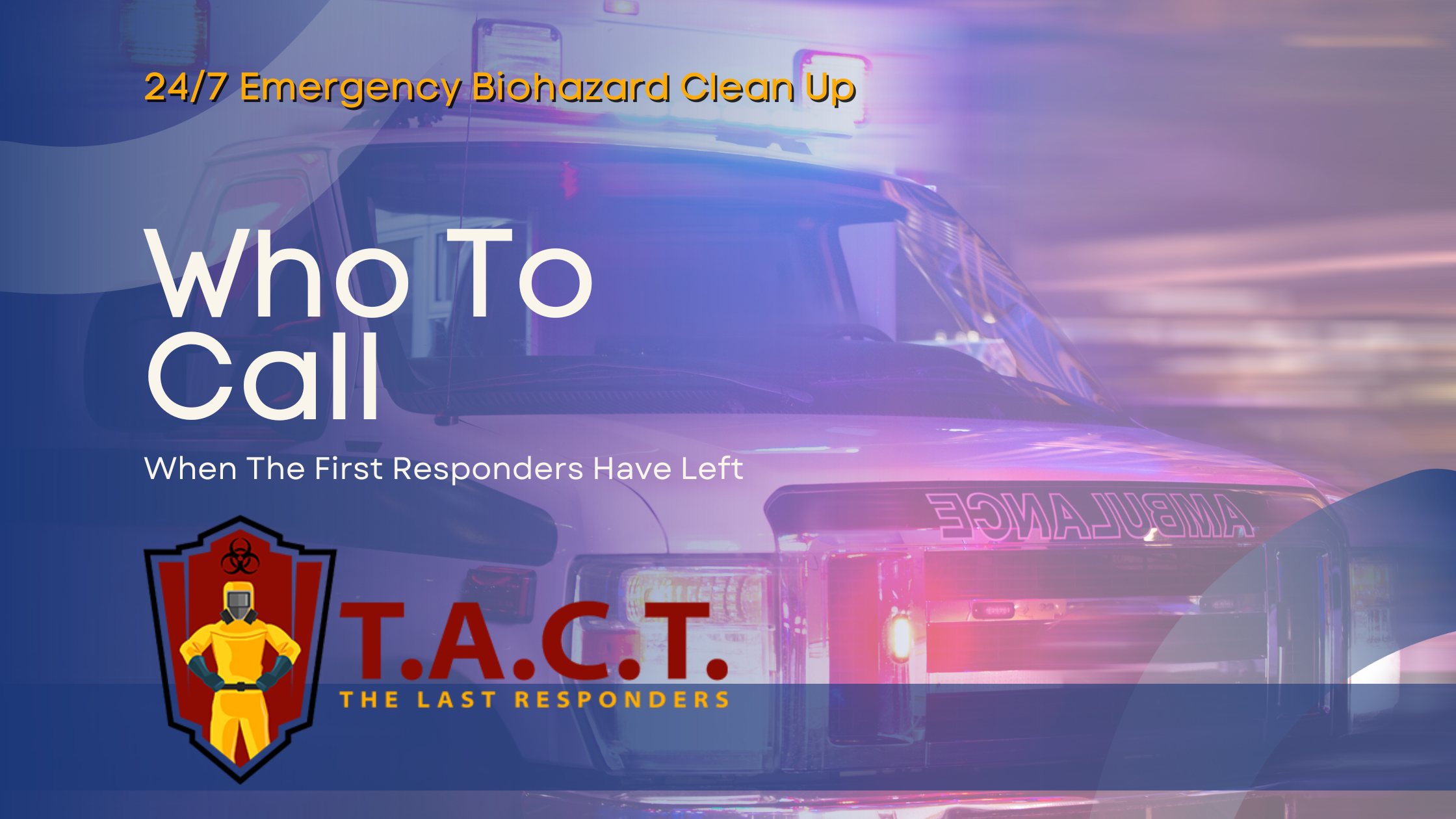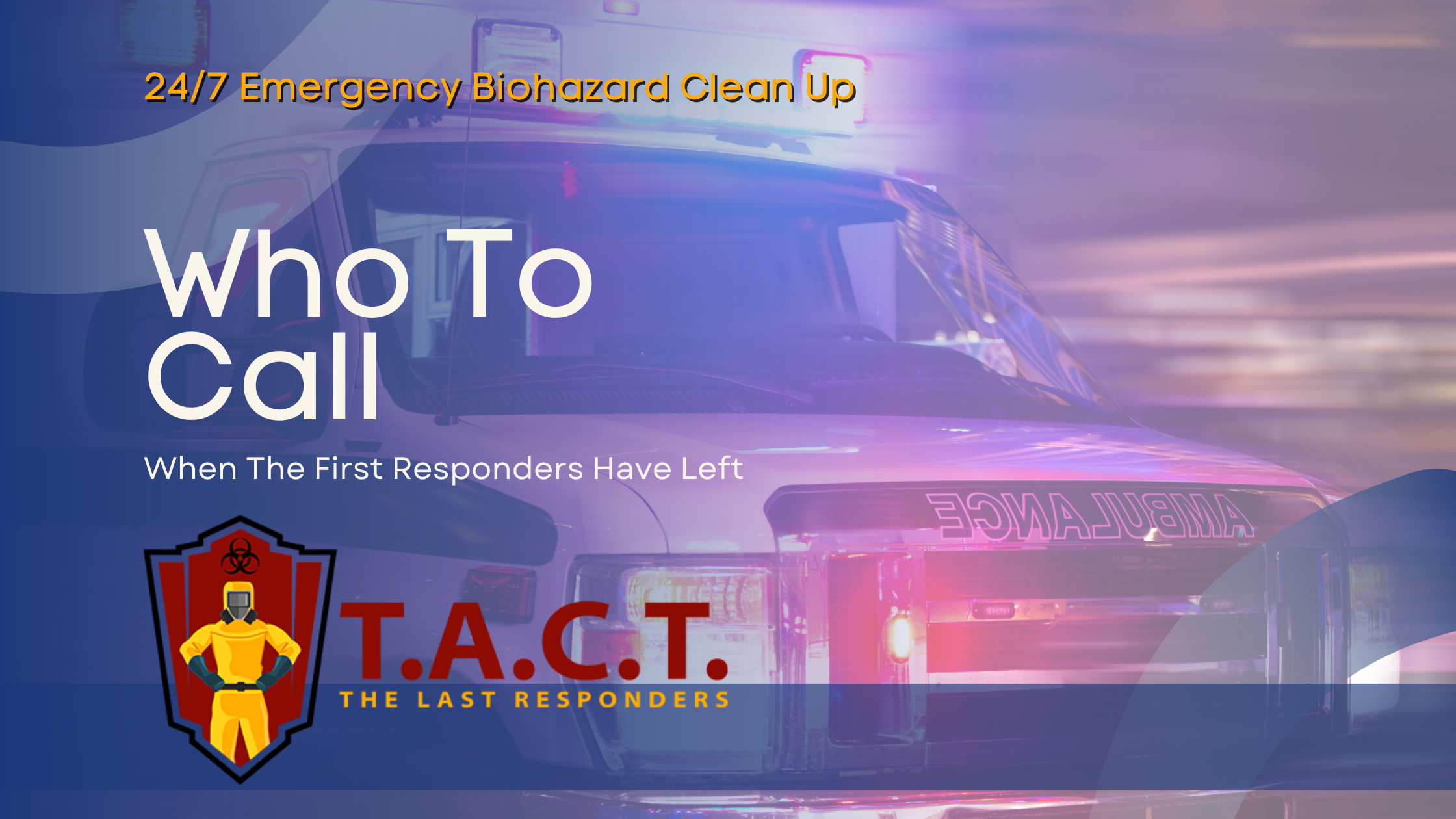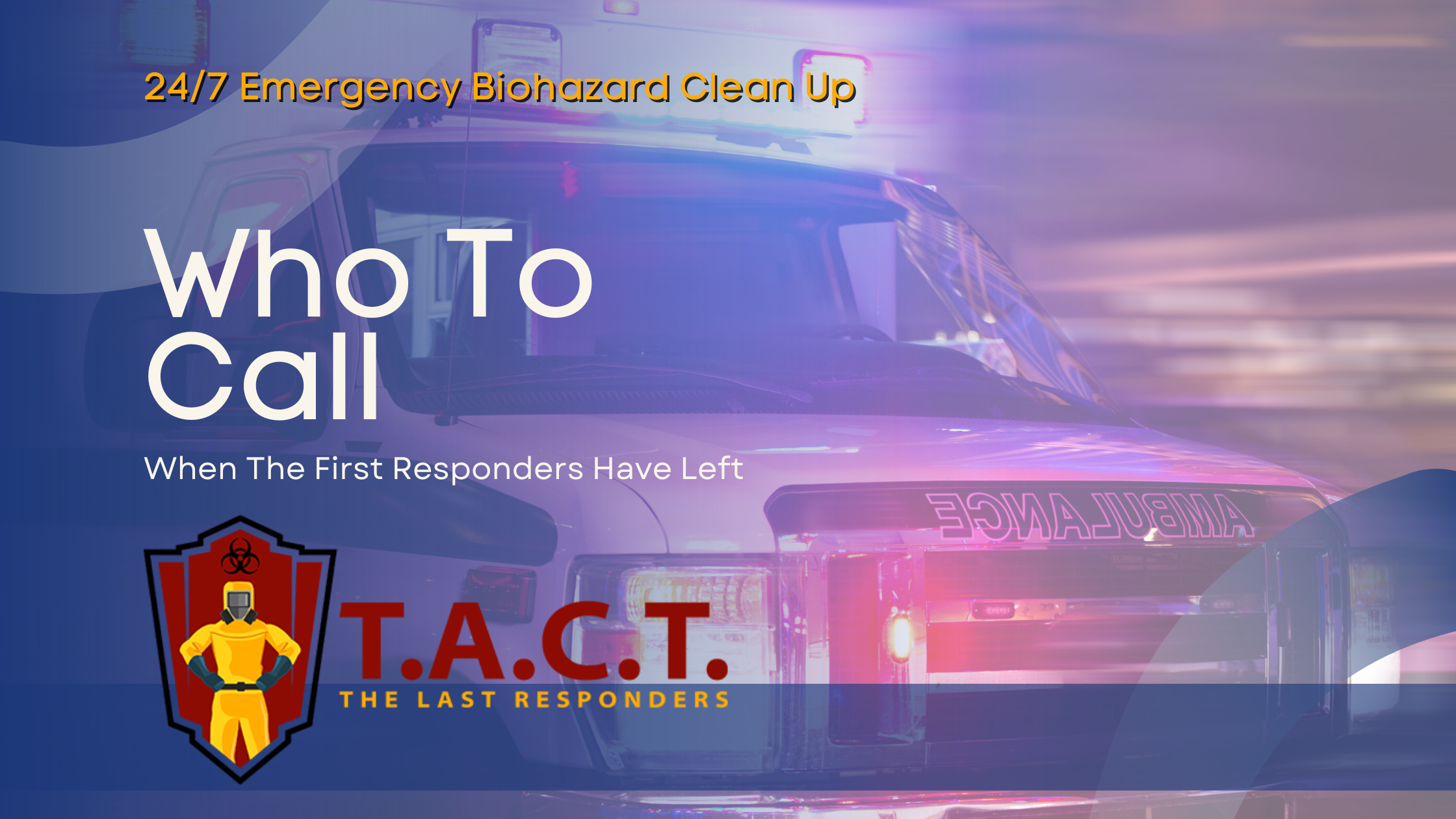Understanding fecal issues

Understanding Fecal Issues
Introduction to Fecal Problems
Fecal issues, including fecal incontinence and fecal impaction, affect the digestive system and can be caused by muscle or nerve damage. These problems are particularly prevalent among adults, especially older adults, and are a significant concern in hospital and long-term care settings.
Fecal incontinence, also called bowel incontinence, is the accidental passing or leakage of solid or liquid stool, often due to chronic constipation or diarrhea. Fecal problems affect quality of life and health outcomes, especially in elderly adults.
Understanding the causes and symptoms of fecal problems is essential for effective treatment and prevention.
A detailed history of bowel habits and a physical examination are necessary for diagnosis.
Fecal impaction occurs when hardened fecal matter accumulates in the rectum, forming a large lump of dry, hard stool that becomes stuck. Hardened feces can become impacted after a long period of constipation or neglecting bowel movements, leading to complications that require disimpaction and bowel retraining programs.
Causes and Risk Factors
Chronic constipation, a condition characterized by infrequent or difficult passing of hard, dry stool, increases the risk of fecal impaction. Chronic constipation can also result in impacted stool, which may require medical intervention.
Muscle or nerve damage affecting the anus, rectum, or pelvic floor muscles can lead to fecal incontinence. Nervous system disorders can impair bowel control and increase the risk of fecal incontinence.
Certain medical conditions, such as Crohn’s disease, liver disease, or colorectal cancer, as well as diseases affecting the colon, can also contribute to fecal issues.
A poor diet, lack of exercise, and certain medications can exacerbate symptoms, highlighting the importance of healthy bowels for preventing fecal issues.
Nerve damage or muscle damage during vaginal delivery or surgery can also lead to fecal incontinence.
Inflammation of the colon or rectal area can result from prolonged fecal retention.
Symptoms and Diagnosis
Symptoms of fecal incontinence include the inability to control passing stool, leakage during gas, sudden urges to pass stool without warning, and changes in stools such as hardness or irregularity, which can serve as important diagnostic clues.
Fecal impaction can cause abdominal pain, constipation, rectal discomfort, and may present with abdominal distention or tenderness noted during examination of the abdomen. Impacted stool may also be associated with complications involving the colon.
A rectal exam and medical history are essential for diagnosis; palpation of the rectal area can help identify impacted stool.
Additional tests, such as imaging of the colon or a colonoscopy, may be necessary to assess the extent of impaction and rule out underlying conditions.
A physical examination and detailed history of bowel habits can help identify the underlying cause of fecal issues, including assessment of the abdomen and evaluation of stool characteristics.
Fecal Impaction
Fecal impaction is a condition where a large lump of dry, hard stool becomes stuck in the rectum, often occurring in the colon, particularly the sigmoid colon -
It can be caused by chronic constipation, poor diet, certain medications, and the retention of fecal matter or hardened feces in the large bowel -
Symptoms include abdominal pain, constipation, and rectal discomfort -
Treatment involves disimpaction, which may require manual removal of impacted stool from the rectal area, bowel retraining programs, and lifestyle changes -
Fecal impaction can develop after a long period of constipation or neglecting bowel movements -
Preventing fecal impaction requires a healthy diet, regular exercise, and good bowel habits -
Prolonged impaction can lead to inflammation of the colon and rectal area -
Bowel Incontinence
Bowel incontinence, also known as fecal incontinence, is the inability to control bowel movements, resulting in the unintentional loss of stool. This condition can be distressing and often stems from a combination of factors affecting the digestive system. The anal sphincter muscles are essential for maintaining bowel control, and any muscle or nerve damage in this area can lead to incontinence. Chronic constipation is a common contributor, as repeated straining can weaken the anal sphincter and pelvic floor muscles. Fecal impaction, where hard stool becomes lodged in the rectum, can also cause overflow incontinence by stretching or damaging the anal sphincter.
Gastrointestinal and liver disease may further increase the risk of bowel incontinence by affecting the nerves and muscles responsible for bowel control. Symptoms can range from occasional leakage to a complete loss of control over bowel movements. Recognizing these symptoms early is crucial for effective treatment, which may include addressing underlying constipation, repairing muscle or nerve damage, and managing any contributing medical conditions. Understanding the causes and symptoms of bowel incontinence is the first step toward regaining control and improving quality of life.
Treatment Options
Treatment options for fecal incontinence are designed to treat fecal incontinence and improve fecal incontinence symptoms, and may include dietary changes, pelvic floor exercises, medication, and surgery -
Fecal impaction can be treated with manual removal of impacted stool, disimpaction, enemas, and bowel retraining programs -
Lifestyle changes, such as increasing fiber intake and exercising regularly, can help prevent fecal issues -
Medications, such as laxatives or anti-diarrheal medications, can help manage symptoms -
In severe cases, surgery may be necessary to repair damaged muscles or nerves -
Dietary Changes for Fecal Health
A healthy diet rich in fiber can help prevent fecal issues by supporting healthy bowels and regular bowel movements -
Increasing fluid intake and eating foods high in fiber, such as fruits and vegetables, can help soften stool and promote proper bowel function -
Avoiding spicy or fatty foods can help reduce symptoms -
Probiotics and prebiotics can help maintain a healthy gut microbiome -
A balanced diet can help regulate bowel movements, support healthy bowels, and prevent constipation or diarrhea -
Prevention Strategies
Preventing fecal issues requires a combination of lifestyle changes and medical interventions, and is especially important for adults, particularly older adults, who are at higher risk for complications -
Regular exercise, a healthy diet, and good bowel habits can help prevent fecal incontinence and impaction -
Managing chronic conditions, such as diabetes or nervous system disorders, can help reduce the risk of fecal issues by addressing underlying causes that affect bowel control -
Avoiding certain medications and foods that can exacerbate symptoms can also help prevent fecal problems -
Practicing good hygiene and seeking medical attention if symptoms persist can help prevent complications -
Complications and Consequences
Fecal incontinence and impaction affects both physical and emotional well-being, leading to significant emotional and social consequences -
Skin irritation, infections, and rectal prolapse are potential complications -
Untreated fecal issues can lead to chronic constipation, diarrhea, or bowel obstruction -
Fecal incontinence can also lead to social isolation, depression, and anxiety -
Seeking medical attention and following treatment plans can help prevent long-term complications -
Evaluation and Assessment
Evaluation and assessment of fecal issues involve a physical examination, including careful examination of the abdomen, medical history, and diagnostic tests -
A rectal exam and colonoscopy may be necessary to rule out underlying conditions -
Bowel retraining programs and dietary changes can help manage symptoms -
Test measures, such as stool tests or imaging studies, may be necessary to diagnose underlying conditions, with particular attention to abdominal distention and colonic assessment -
A detailed history of bowel habits and lifestyle changes can help identify the underlying cause of fecal issues -
Diagnostic protocols are based on authoritative sources such as Fordtran's Gastrointestinal and Liver Disease and Friedman LS.
The information in this section is based on a review provided by the VeriMed Healthcare Network.
Management and Rehabilitation
Management and rehabilitation of fecal issues involve a combination of medical interventions and lifestyle changes -
Bowel retraining programs, pelvic floor exercises, and dietary changes can help manage symptoms -
Medications, such as laxatives or anti-diarrheal medications, can help regulate bowel movements -
Surgery may be necessary to repair damaged muscles or nerves -
A multidisciplinary approach, including healthcare providers, dietitians, and physical therapists, can help manage fecal issues. Rehabilitation may also include interventions for patients with nervous system disorders -
A medical director may oversee the management of complex cases to ensure quality standards and appropriate clinical protocols are followed.
Patient Education and Support
Patient education and support play a crucial role in managing bowel incontinence and improving overall well-being. Healthcare providers should encourage open conversations about symptoms, helping patients feel comfortable discussing their bowel habits and any challenges they face. Education about dietary changes, such as reducing spicy foods and dairy products, can help minimize irritation and improve bowel movements. Incorporating more fiber into the diet and staying hydrated are also important steps in preventing chronic constipation and fecal impaction.
Special exercises, like pelvic floor and anal muscle strengthening routines, can help restore bowel control and reduce symptoms of incontinence. Bowel retraining programs are particularly helpful for those with chronic constipation or a history of fecal impaction, as they teach the body to establish regular bowel habits. Lifestyle changes, including increased physical activity and mindful eating, can further support healthy bowel function.
Patients should be informed about all available treatment options, from over-the-counter remedies to surgical interventions, so they can make informed decisions about their care. Emotional support is equally important, as bowel incontinence can lead to social isolation and emotional distress. By providing resources, guidance, and ongoing encouragement, healthcare providers can help patients regain confidence, improve their quality of life, and achieve better bowel control through a personalized treatment plan tailored to their unique needs.
Consultations and Healthcare Team
Consultations with a healthcare provider, such as a gastroenterologist or colorectal surgeon, are essential for diagnosis and treatment -
A multidisciplinary approach, including dietitians, physical therapists, and nurses, can help manage fecal issues -
Regular follow-up appointments and open communication with healthcare providers can help prevent complications -
A healthcare team can provide education, support, and guidance on managing fecal issues -
Collaborating with healthcare providers can help develop a personalized treatment plan -
Conclusion and Future Research
Fecal issues, including fecal incontinence and impaction, are complex conditions that require a comprehensive approach -
Further research is needed to develop effective treatments and prevention strategies -
A better understanding of the causes and symptoms of fecal issues can help improve diagnosis and treatment -
Education and awareness about fecal issues can help reduce stigma and promote seeking medical attention -
Future research should focus on developing personalized treatment plans and improving quality of life for individuals with fecal issues -
Latest news

Professional unattended death cleanup in Atlanta. Expert technicians handle decomposition cleanup safely with specialized equipment. 24/7 emergency response available.
Read More

